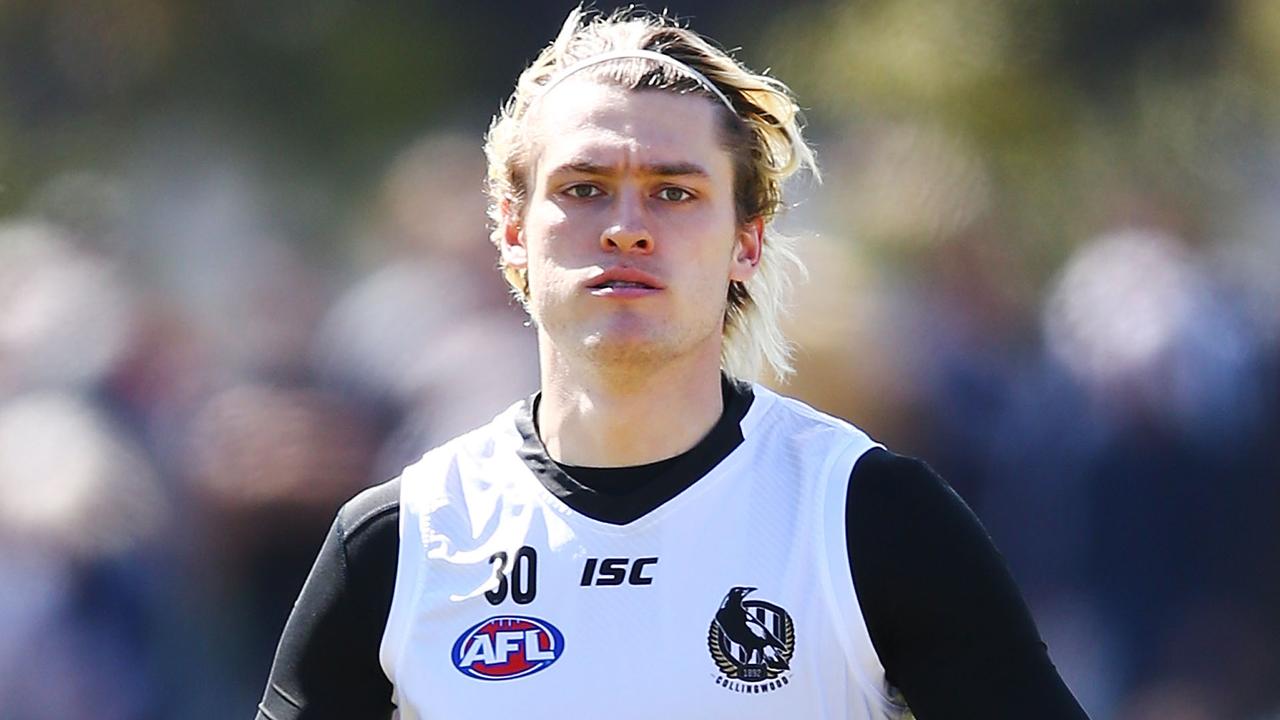
Jamie Elliott and Darcy Moore Refuse to Participate in Athletic Events Over Contractual Concerns

In a surprising turn of events, AFL stars Jamie Elliott and Darcy Moore have announced that they will not participate in any upcoming athletic events unless certain contractual stipulations are met. The decision has stirred discussions among fans, sports analysts, and the broader athletic community regarding player rights, responsibilities, and the complexities of athlete contracts.
Elliott, a forward for the Collingwood Magpies, and Moore, a key defender and the team’s captain, have expressed their concerns about the current structure of their contracts. In a joint statement released earlier this week, the players emphasized the need for more transparency and fairness in how contracts are negotiated and enforced, particularly regarding off-field commitments such as promotional events and community engagements.

“Our priority is to ensure that all players have a clear understanding of what is expected of them outside of game day,” Elliott stated during a press conference. “We believe that players should not be obligated to participate in events that don’t align with their personal values or that they feel are unfairly structured.”
Moore added, “The mental and physical demands of being a professional athlete are significant, and while we appreciate the opportunities to engage with fans and the community, we need to set boundaries that protect our well-being. Our stance is about advocating for ourselves and future players.”
The players’ stance has garnered a mixed response. Supporters argue that it highlights a vital issue in professional sports where athletes often feel pressured to fulfill commitments beyond their on-field roles. Critics, however, worry that such a move could alienate fans and sponsors, essential components of a team’s financial health and community presence
The AFL has a history of requiring players to participate in various promotional and community events as part of their contracts. These obligations are intended to enhance the league’s visibility and foster connections with fans. However, as Elliott and Moore have pointed out, the nature and extent of these commitments can sometimes be excessive or misaligned with players’ personal beliefs and schedules.
In light of their decision, both players have opened a broader conversation about athlete welfare and the importance of player agency in contract negotiations. They have called for the AFL Players’ Association to take a more active role in ensuring that player contracts are fair and that players have a voice in determining their off-field commitments.
“This is not just about us; it’s about every player in the league who might feel overwhelmed by their obligations,” Moore stated. “We’re standing up for what we believe is right, and we hope this will spark change that benefits everyone.”
The repercussions of this announcement could extend beyond Elliott and Moore, potentially influencing how contracts are structured across the league. As discussions unfold, it is clear that the relationship between professional athletes, their contracts, and their commitments to the community is evolving.

The AFL community will be watching closely as these developments unfold, with many hoping that the conversation will lead to a more equitable and understanding framework for player engagements, one that respects the needs and boundaries of professional athletes while still maintaining the spirit of connection with fans.
Elliott and Moore’s bold stance may set a precedent that encourages other players to advocate for their rights, pushing the league to reassess how it manages player contracts and commitments in an ever-changing sporting landscape. As the discussion continues, the players’ commitment to their principles remains unwavering, highlighting the need for a balanced approach to athlete responsibilities in professional sports.

Leave a Reply